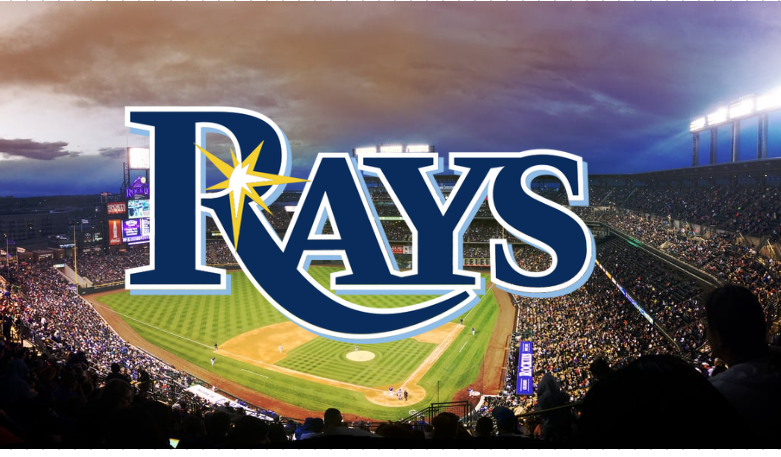For Major League Baseball, the World Series is a postseason play-off series between the winners of the American League (AL) and the National League (NL), the two major professional leagues in North America.
The first World Series was held in 1903, following a truce between the National League and the newly established American League. In a best-of-nine series, Boston (AL) beat Pittsburgh (NL) by a score of 5 games to 3.
The event drew well over 100,000 people, and the winning players took home a little more than $1,000 in prize money. The New York Giants (NL) declined to play Boston, the defending American League champion, in 1904, but the series resumed in 1905 and continued yearly until 1994 when a protracted players’ strike forced its discontinuation.
Since 1922, the seven-game format has been the norm. There have been series MVPs in baseball since 1955 when a player was named Most Valuable Player of the Series for the first time. Montreal and Toronto became the first Canadian franchises in Major League Baseball in 1969 and 1977, respectively; Toronto’s 1992 World Series triumph was the first for a non-American team. The American League’s New York Yankees have the most series of victories.
The Tampa Bay Rays have never claimed a World Series championship. The only times they came near to capturing a title were in 2008 and 2020, when they were eliminated from the World Series in both years.






